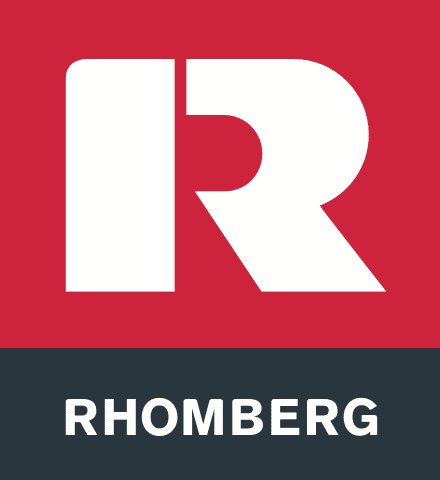Summary
Rhomberg Bau GmbH, a fourth-generation family-owned international construction company, specializing in construction, resources, and railway technology, has started its journey of digitization. MondayCoffee, a trusted Microsoft Gold Partner, is supporting Rhomberg Bau on this important project, helping them take the fast track wherever possible to enable Rhomberg’s stakeholders to quickly experience the benefits of digitalization.
For Rhomberg, MondayCoffee combined Office 365, Dynamics CRM and Azure. Using Microsoft PowerApps, Power BI, Flow, SharePoint lists, Dynamics CRM, and Outlook, three key processes of Rhomberg were automated, simplifying collaboration, reducing time expenditure, and increasing transparency.
Challenge
Rhomberg Bau GmbH, is organized in several business areas, united under a common strategy to improve collaboration among them. As a result, the company moved to the cloud, installed a Microsoft Office 365 tenant and replaced some IT legacy systems with Microsoft’s standard tools.
To make collaboration happen, people need to change their habits. Together with Rhomberg Bau, MondayCoffee worked on that cultural change following a set of rules:
- Files are only stored once.
- Projects are created only once in the system, even if several business areas are working on it. (In the past, each area had their own separated project area.)
- Transparency with regards to the progress of projects must be increased.
- Processes and structures must be standardized and visualized in a clear and simple way in the system. Their application becomes less dependent on the individual person in charge.
In this collaboration with Rhomberg Bau, MondayCoffee tapped into the potential of unifying old IT systems, that have been managed differently in each business area, and making them more efficient through automation.
Strategy
Through workshops, MondayCoffee demonstrated the potential of combining the three main components of Office 365, Dynamics CRM, and Azure. Together with various stakeholders from Rhomberg Bau, MondayCoffee conceptualized a suitable architecture and approach for launching a series of dedicated Business Apps on top of its new Microsoft platform with a step-by-step development path. MondayCoffee has launched the following Business Apps in pilot testing for Rhomberg:
Construction Defects App: Built to simplify the record (including uploading of smartphone pictures), classification, and tracking of construction defects.
In construction projects, classification and tracking of construction defects are the biggest drivers of cost and deadline overruns, which is why a simplified recording and tracking process is important to the company. Furthermore, this app allows the company to rate their suppliers in terms of construction quality.
Dynamic Storage App: Built to dynamically create SharePoint site structures to save project-related documents in one single place – based on business partners involved (according to the CRM project entries). For big construction projects, it is key that all parties involved store and find important documents intuitively without getting lost in complex filing hierarchies.
Building Documentation App: Built to improve communication with client stakeholders on a project’s progress. The app allows all parties to easily upload and send pictures and plans of the building site and post news about the progress.
To develop the apps, MondayCoffee used the following Microsoft tools: PowerApps, Power BI, Flow, SharePoint lists, Dynamics CRM, and Outlook Online.
All apps are currently being used in a pilot phase by key users, who have been trained accordingly. A full-scale roll-out is planned for the start of calendar year 2019, while further apps and improvements are expected to come on an ongoing basis.
Results
With all the apps developed and launched with Rhomberg – on top of the new platform – the automation of small tasks has improved and simplified cross-team collaboration. Apart from time savings, the organization has gained more transparency and higher quality on business relevant workflows.
Getting the organization to experience the new working environment and directly benefiting from it, meant taking giant steps in the digital and cultural transformation of the group. Already, the key users are actively asking to roll-out the apps in other areas and develop new ones.

